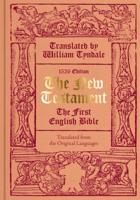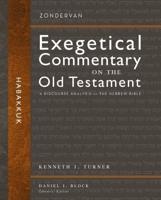Publisher's Synopsis
Excerpt from Delineation of Roman Catholicism, Drawn From the Authentic and Acknowledged Standards of the Church of Rome: Namely, Her Creeds, Catechisms, Decisions of Councils, Papal Bulls, Roman Catholic Writers, the Records of History, Etc.; In Which the Peculiar Doctrines, Morals, Government, and Usages of the Church of Rome Are Stated, Treated at Large, and Confuted
The Scripture in the Latin Vulgate is a part, according to the Romanists, of the revealed will of God, and forms a portion of their authentic standard of faith. 80 the Creed of Pius I also admit the sacred Scriptures, according to the sense which the holy mother Church has held and does hold, to whom it belongs to judge of the true sense and interpretation of the Holy Scriptures: nor will I ever take or interpret them otherwise than according to the unanio mous consent of the Fathers. To the Scriptures, as received by Protestants, they add the Apocrypha, and receive them equally as the canonical Scripture. When the Scriptures are translated by them, notes are always added to the text as the explanation of the Church. The Scripture too is to be received in that sense in which the Church receives it; and by this means Scripture is re solved into the authority of the Church. Such a reception of Scripture leads to their great general maxim: I believe whatsoever the Church teaches, which is called, in their technical phraseology, AN act OF faith.'
About the Publisher
Forgotten Books publishes hundreds of thousands of rare and classic books. Find more at www.forgottenbooks.com
This book is a reproduction of an important historical work. Forgotten Books uses state-of-the-art technology to digitally reconstruct the work, preserving the original format whilst repairing imperfections present in the aged copy. In rare cases, an imperfection in the original, such as a blemish or missing page, may be replicated in our edition. We do, however, repair the vast majority of imperfections successfully; any imperfections that remain are intentionally left to preserve the state of such historical works.










